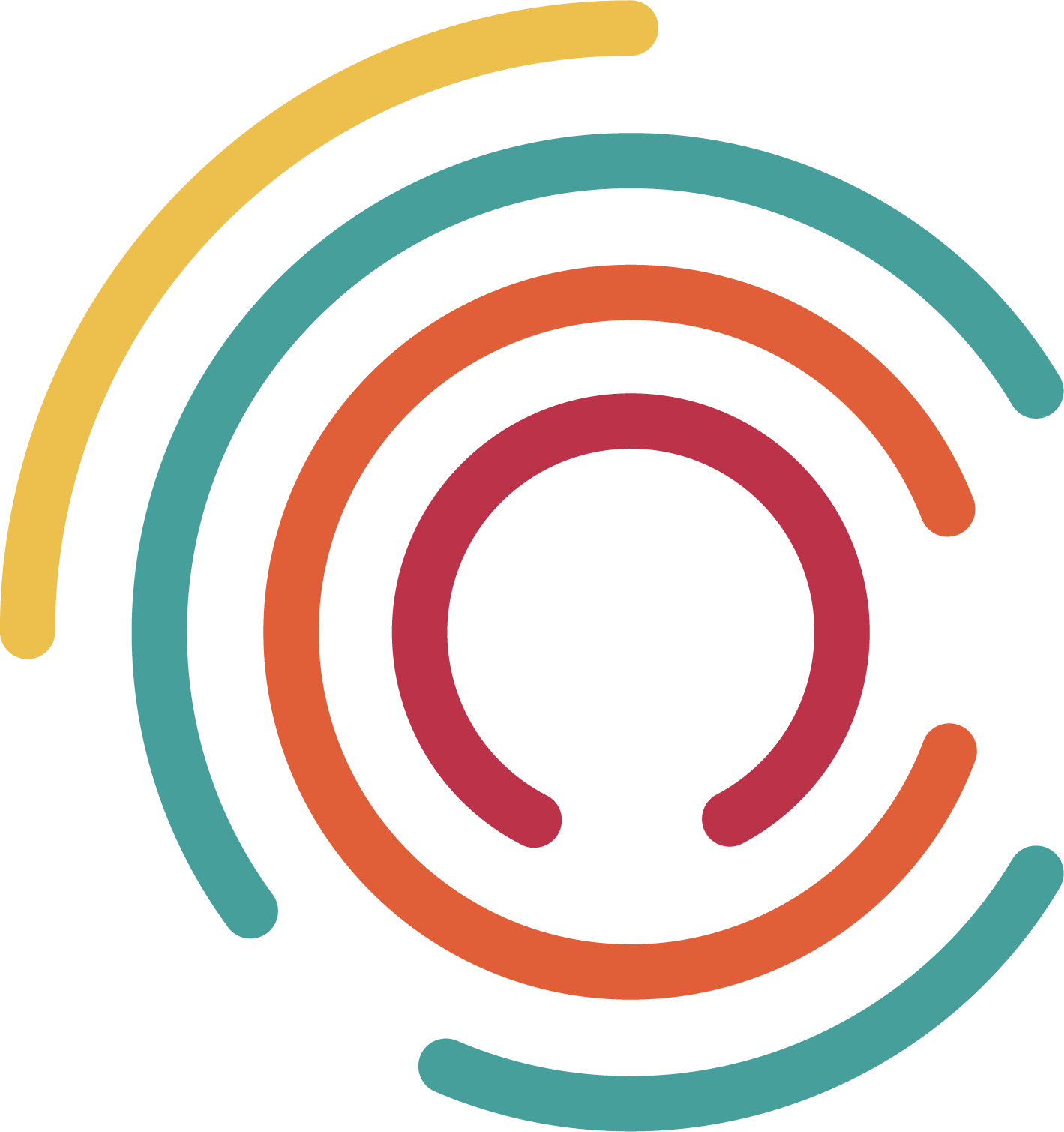Developing a Minimum Digital Living Standard
Helping to tackle digital inequality by developing a Minimum Digital Living Standard (MDLS) for households covering all four UK nations.
The Minimum Digital Living Standard (MDLS) outlines the basic digital needs of UK households so they can engage with the benefits of being part of a digital society. It has been developed through deliberative work with a diverse range of households from all parts of the UK—young and old, living alone, in couples, and with dependent children.
This research builds on the well-established Minimum Income Standard (MIS) methodology. It employed a participatory approach that captured households’ digital needs and examined the implications that arise when they lack these. The project has advanced discussions on digital inclusion policy and research beyond mere measures of access and skills.


“A minimum digital standard of living includes, but is more than, having accessible internet, adequate equipment, and the skills and knowledge people need. It is about being able to communicate, connect and engage with opportunities safely and with confidence.”


